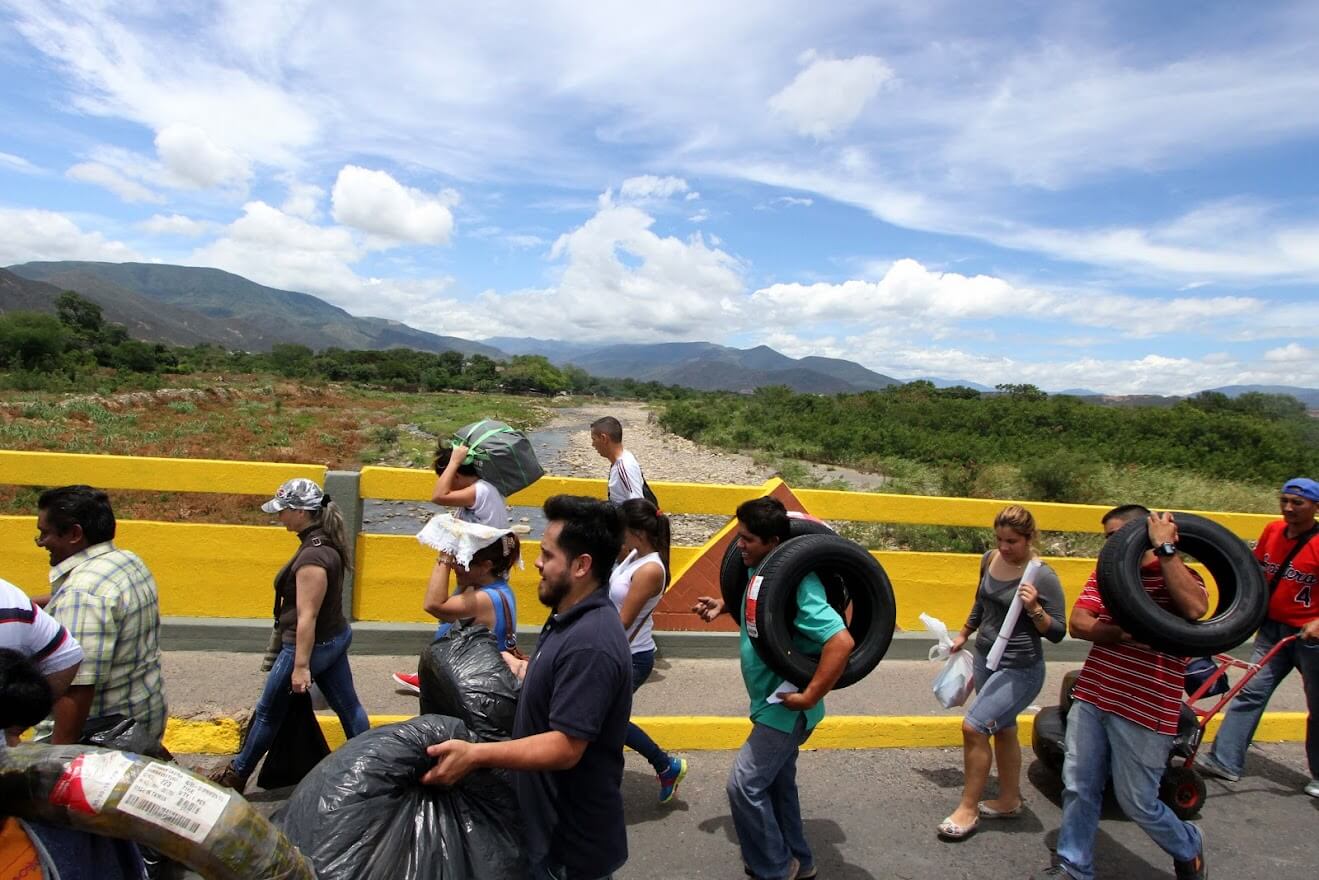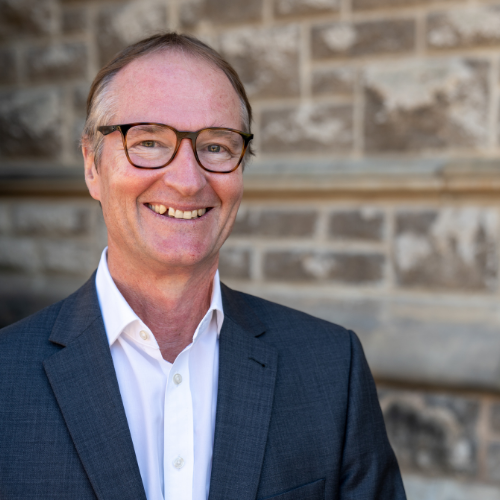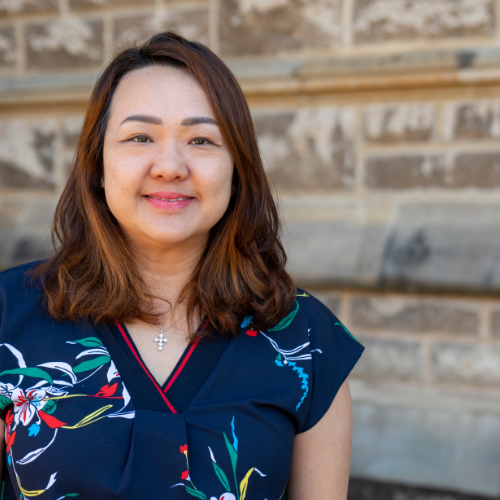Who we are
The West Australian Migrant and Refugee Office (WACMRO) is an agency of the Catholic Archdiocese of Perth that seeks to promote the acceptance and settlement of migrants and refugees into Australia. We aspire to support migrants and refugees in a manner that upholds their dignity to enable them to feel a sense of welcome and belonging in the parish and broader community.
Our Purpose
- To assist migrant and refugee persons in adjusting to their new life in Australia
- Working with migrant chaplains across the Archdiocese to address issues and challenges of the various communities
- Raise awareness of the migrant and refugee experience

Meet the team

Dcn Greg Lowe
Deacon Greg is the Director of the West Australian Catholic Migrant & Refugee Office for the Archdiocese of Perth. He is the Parish Deacon of Innaloo / Karrinyup. Deacon Greg has worked with migrants, refugees and persons seeking asylum for over 30 years. He holds a Graduate Diploma in Pastoral Care and Human Mobility.
Grace Kurniawan
Grace Kurniawan is the Office Manager of the West Australian Catholic Migrant & Refugee Office. She was born in Jakarta Indonesia and speaks three languages. She has worked in administration and finance in the aviation industry in Indonesia and at St John of God Healthcare in Subiaco. After completing her Master of Business Administration, she came to work at WACMRO. Grace enjoys tasting food from a variety of cultures.

Our Publications
Our Guiding Principles
The following principles of Catholic Social Teaching guide our work and mission:
Human Dignity & Human Equality
Every human being has inherent dignity and worth and is worthy of respect. This is because the human person is created in the image and likeness of God. Therefore, the equality of all people is a matter of their essential human dignity which means social and cultural discrimination has no place in the Catholic understanding of how we should treat others.
Association & Participation
Human beings are social, and connection is important to wellbeing and achieving fulfilment by association with others. This also means that people have a right to participate in society, seeking together the common good of all.
Preferential Protection for the Poor and Vulnerable & Solidarity
The Gospels call us to place the needs of the poor and vulnerable first, so that their needs as well as the common good may be realised. And because we are one human family, our practice of neighbour love must extend to both our local and wider communities.
Common Good & Subsidiarity
The common good requires that social conditions allow all people to reach their full human potential. Therefore, the common good should promote integral human development.
Government and other leadership structures have a dedicated role in promoting the common good but local communities, families and individuals should have opportunities to contribute to decisions that affect them. In the context of a diocese, this would include the local parish.
We acknowledge the Traditional Owners of Country throughout Australia and recognise their continuing connection to land, waters and community. We pay our respect to them and their cultures and to Elders past and present.
